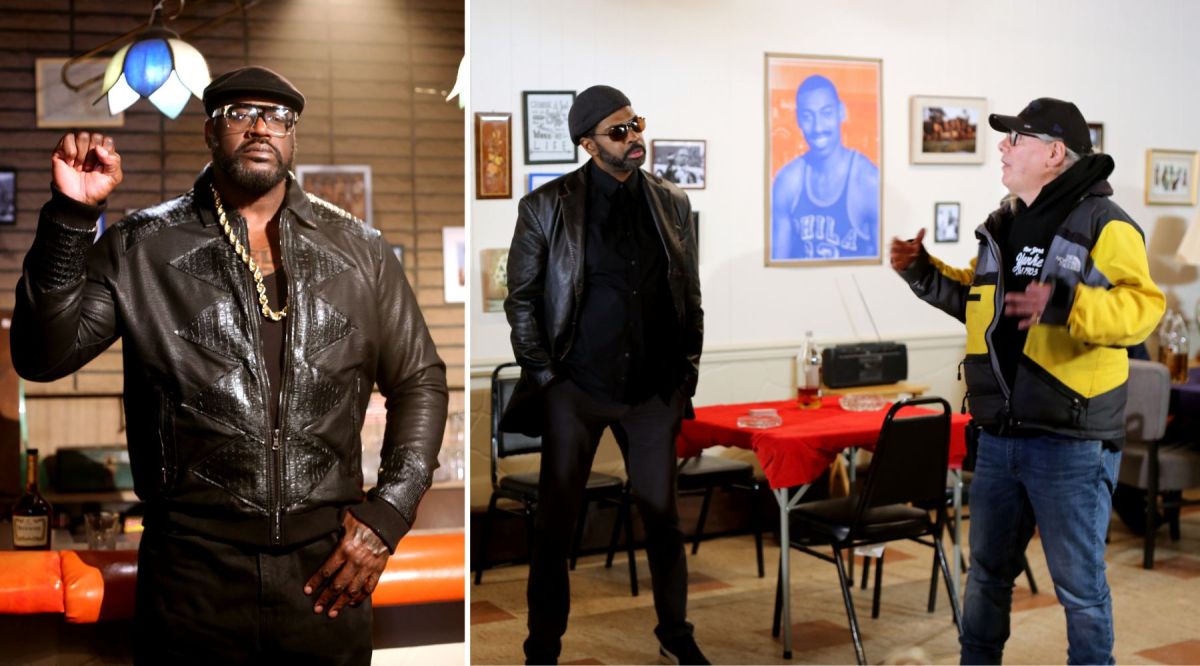By Leonard Quart
“Fateless”
Directed by Lajos Koltai
Written by Imre Kertesz
Starring Marcell Nagy, Aron Dimeny and Andras M. Keeskes.
Now playing at Film Forum
209 W. Houston St, between 6th Avenue and Varick
(212- 727-8110; filmforum.org)
Based on a semi-autobiographical novel by Hungarian Nobel-Prize winner, Imre Kertesz and directed by Oscar-nominated cinematographer, Lajos Koltai, “Fateless” provides a very different approach to the Holocaust than the brilliantly manipulative and dramatically exciting Hollywood epic “Schindler’s List.” At the film’s heart is an innocent fourteen-year-old assimilated Jewish boy, Gyuri Koves (Marcell Nagy), who in 1944 is arrested and deported from Budapest to Auschwitz by Hungarian fascists The Iron Cross. He ends up being shipped from one concentration camp to another, and ultimately, saved by political prisoners, ends up in the Buchenwald camp clinic. There he recovers from a brush with death, before being liberated by the Americans.
The film’s minimal narrative is centered on the dehumanizing nightmare of the camps, portraying them in a spare, harrowing manner. In fact, the audience is plunged along with an overwhelmed Gyuri (our eyes on the world) into a brutal environment, with the kind of immediacy that doesn’t allow for either an explanatory voice-over or revelatory dialogue to provide orientation or an overview. There are pitiless, lengthy depictions of the soup lines, arbitrary beatings by a gypsy kapo, punitive, painful labor, and the hunger, cold, disease, and exhaustion that is the core of the inmates’ daily lives.
The film’s increasingly monochromatic palette, the absence of sunlight, and the ubiquitous river of mud reinforce the sense of being trapped in a quagmire where life is slowly disintegrating. There is also one stunningly horrific scene (the film contains some brilliantly composed moments) where the inmates stand through the night, swaying with nausea and fatigue — some collapsing onto the ground, others swaying back and forth as if engaging in bizarre prayer.
However, with the exception of Ennio Morricone’s intrusive, overly lush score, “Fateless” avoids indulging in melodrama, sensationalism, or sentimentality. After awhile Gyuri becomes fully aware of the barbaric world he inhabits. He learns how to survive with the help of an older friend, a veteran of the camps. (There are moments of solidarity between inmates, and even “happiness,” seen here by Kertesz as a “way of not being a victim and defining my own fate.”) But the film is no “Schindler’s List” —it steers clear of pushing our emotional buttons directly, in order for us to identify with Gyuri’s plight. So though the film includes a few powerful close-ups of a watchful, emaciated and drained Gyuri, and our emotions can’t help but be aroused, “Fateless” maintains a certain distance from what it’s recounting.
The film concludes with a spectral-looking Gyuri returning to a Budapest where the Christians are indifferent or greedy, and his Jewish friends and neighbors, who avoided deportation, deliver uneasy, well-meaning bromides about forgetting the past and starting a new life. Gyuri is no longer the naïve adolescent, and answers that it can’t be done, “he can’t give orders to his memory.” He is much wiser than they are, and he just “wants to continue my uncontinuable life.”
“Fateless” is a quietly riveting work that projects its own unique vision of the Holocaust. Along with “The Pianist,” it is one of the most indelible, least compromised films dealing with that apocalyptic historical moment.





































